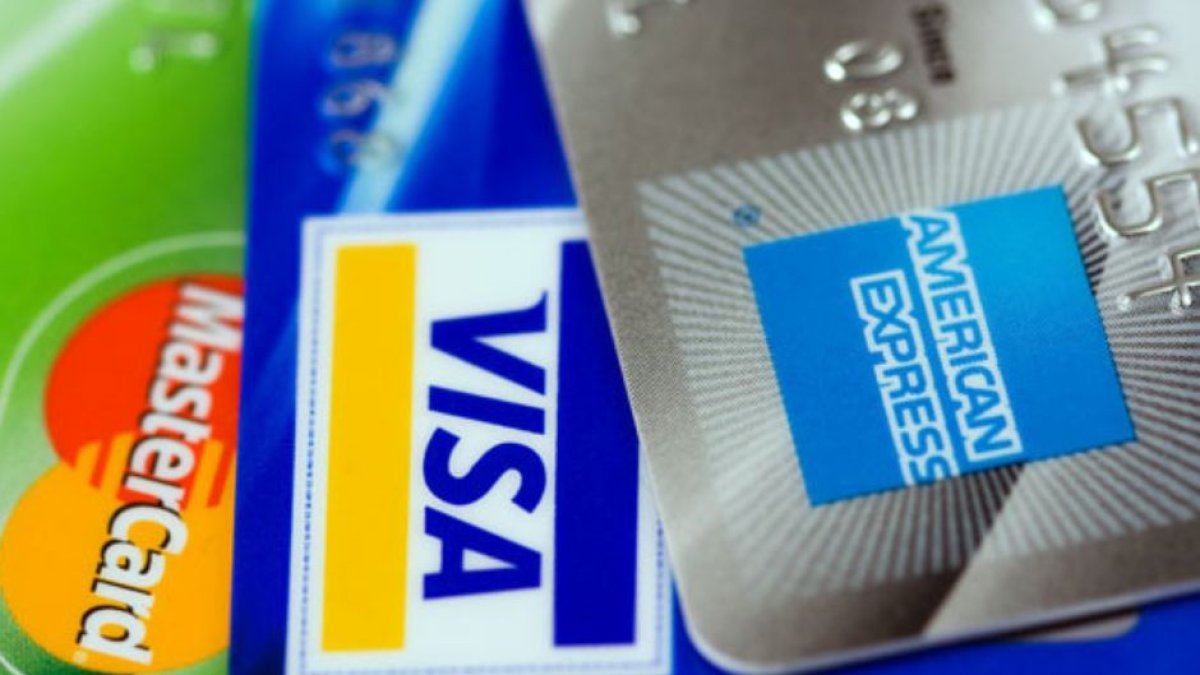Visa, Mastercard and American Express to separately classify purchases at gun stores
Companies can track gun purchases that will be identified with a new four-digit commercial code.

(Wikimedia Commons)
Major credit card companies announced plans to categorize gun store purchases separately from other transactions. The International Organization for Standardization (ISO) approved a new commercial category code - which will consist of four digits - and will be essential for tracking arms sales in official stores.
ISO states that merchant codes record where a consumer has used his or her credit card, but do not indicate which specific items were purchased. However, gun rights advocates disagree with this measure.
Three major companies
Mastercard said it would watch how the system will be implemented by merchants and their banks as it continues to "support legal online shopping and protect the privacy and decisions of individual cardholders."
American Express said it is "focused on ensuring that the controls they have in place in their network are adequate to meet regulatory and fiduciary responsibilities, as well as to prevent any illegal activity."
Visa was the last to announce that it would join the initiative: "following the ISO's decision to establish a new commercial category code, Visa will proceed to take the necessary steps, while ensuring that we protect all legal commerce on the network in accordance with our long-standing standards." said Bloomberg in a statement.
Criticism of the measure
The ISO's decision followed pressure from Amalgamated Bank, New York City officials and the California teachers' pension fund demanding some form of control on credit card purchases of guns.
New York Mayor Eric Adams urged major credit card companies to adopt the code:
Priscilla Sims Brown, president and CEO of Amalgamated Bank, said in a press release: "the new code will enable us to fully comply with our duty to report suspicious activities to the authorities and to illegal arms sales without blocking or impeding legal arms sales."
Proponents of the right to bear arms have argued that the code would unfairly police legal gun purchases. The National Rifle Association (NRA) said that the application of the codes "does not have to do with tracing or prevention or any virtuous motivation," and affirmed that if we want to have control of the citizens who carry weapons, a national registry of gun owners must be created.
Prosecutors who would take legal action
Through a letter addressed to the three credit card companies, 25 Republican prosecutors demand that the measure not be applied. They all allege that the new commercial category code violates consumers' constitutional right to privacy:
The letter singles out President Joe Biden, House Speaker Nancy Pelosi, House Republican Leader Kevin McCarthy, as well as several bank executives and insists that the policy should be kept out of the market:
Attorneys general warned that credit card companies will face legal action if they fail to protect consumers.























